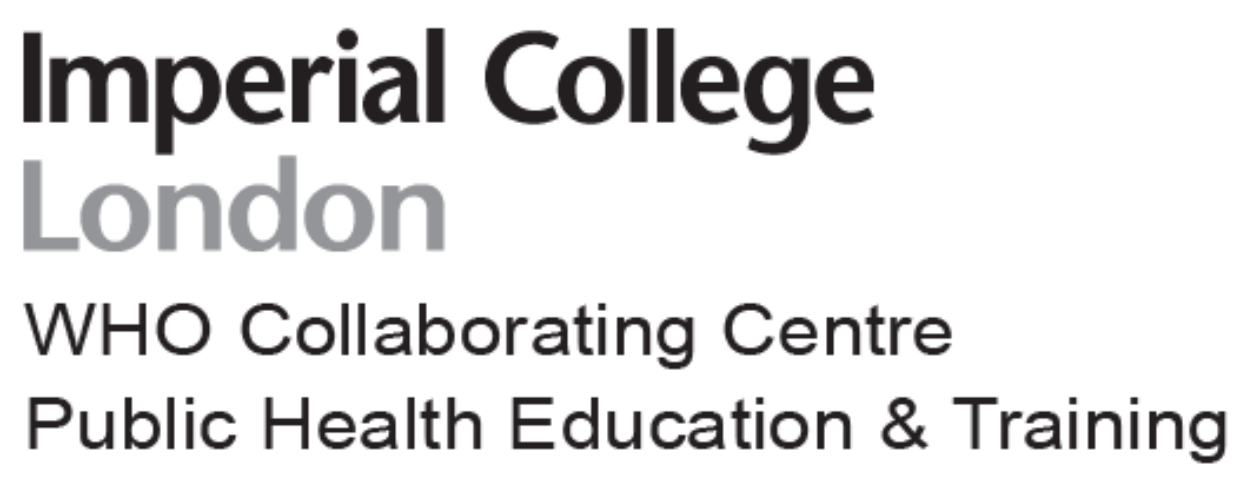Blog: UK Junior Doctor Strikes
Whilst being accused of endangering lives and attempting to overthrow the government, Junior doctors today across the UK are going on strike - for the first time in history in withdrawing emergency cover.
Consultant-lead care continues in the juniors' mass departure to the picket lines, however it is merely a bandage to attempt to anneal an aneurysm waiting to happen. This dispute has been long-drawn out in disagreement by both sides but it essentially boils down to a few, basic, yet crucial items:
- Reduced overall pay
- Discrimination of women through time out taken from training penalties
- Dangerous working rotas to stretch an already thin service
As part of it's opening manifesto, the current UK Government promised a '7-day' NHS.
In achieving this, a new contract imposed on Junior Doctors without prior agreement or enough discussion will amend rotas to decrease the total amount of emergency & elective doctors during the week to provide elective in addition to the already well-established emergency cover during weekends. In order to keep it 'cost-neutral', pay cuts to those who work out-of-hours, or less hours, will be implemented.
For me, as a Junior Doctor working on the front line, I see one simple problem: it is not just the Junior Doctor that provides elective cover on the weekend. The porters, nurses, radiographers and all forms of support staff need to be there in greater numbers on the weekend. Without these foundations, you cannot expect for this idea to work.
In common sense & basic economics: greater demand will always require greater supply. With this new demand on elective services, we will need more staff across all fields of healthcare provision, and considering the worrying sharp increase in Junior Doctors leaving training, the newfound difficulty in obtaining a Nursing degree with the retraction of the bursary, and with the general low morale of all staff that hold together the NHS through goodwill - meeting this new demand will be a challenge.
One cannot predict the future, but it is not hard to see the implications enforcing an un-trialled, un-vetted, potentially dangerous contract on one group of individuals in the largest healthcare workforce of the world. Any inception of health policy should be evidence-based and driven with patient-centred care and patient-safety at the forefront.
I do hope for the sake of the NHS & the UK that middle-ground is reached, otherwise in the words of NHS visionary Nye Bevan "it will last as long as there are folk left with the faith to fight for it".
David Rawaf
26/04/16


